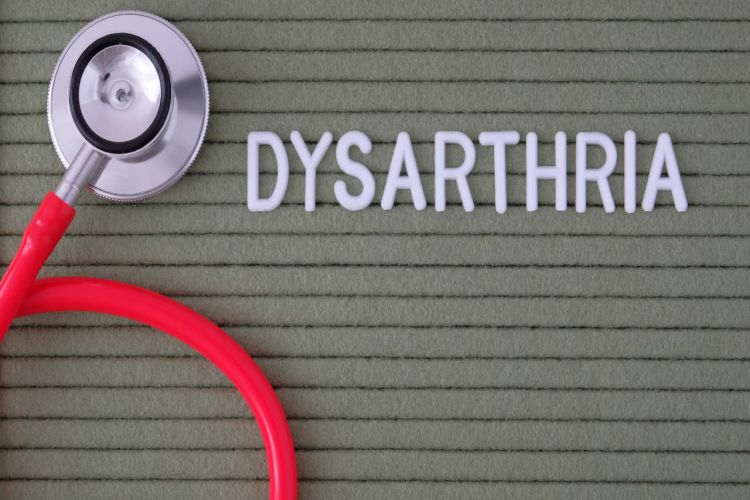 Living with dysphagia can be debilitating. When the condition flares up or you’re having a particularly bad day with it, there is so much to feel frustrated by that it can be hard to figure out what to do. Dysphagia is sometimes a chronic thing, but often it will go away of its own accord depending on what the underlying issue is. However, it is still a good idea to have some coping strategies in place regardless. Here are the best tips.
Living with dysphagia can be debilitating. When the condition flares up or you’re having a particularly bad day with it, there is so much to feel frustrated by that it can be hard to figure out what to do. Dysphagia is sometimes a chronic thing, but often it will go away of its own accord depending on what the underlying issue is. However, it is still a good idea to have some coping strategies in place regardless. Here are the best tips.
Table of Contents
Keep a Food Diary
Understanding your symptoms and triggers will be the main battle you face on this journey. Given that there are so many factors at play, each case of this condition will be slightly different from the next. While there are common themes, your triggers are always going to be specific to your diet and your lifestyle. Therefore, take some time to keep a food and drink diary to understand where you struggled and where you might have felt okay. This will help you gain a clearer picture of what to avoid and the best times of day to eat too.
Eat Small, and Do it Often
This is one of the most common pieces of advice for people in this position. Eating small often ensures that you are getting all the nutrients, minerals, and vitamins from your food and drink and not missing out on anything essential because you get tired or overwhelmed in the process. Mealtimes can be a triggering thing that causes great levels of distress, so eating little and often avoiding this entirely. You don’t even have to eat a whole meal; as long as you eat bits and bobs and consider the main food groups, you will be well on your way to staying healthy.
Do Not Be Afraid of Helpful Products
If you had a headache, you would take a painkiller, right? Well, it is no different at all for conditions like dysphagia. They are there to be managed, and that is your job after a diagnosis. So, when there are helpful products that make eating and drinking feel a lot easier, it is all worth exploring. Thickeners are designed to make food and drink easy to swallow by literally thickening the texture, for instance, SimplyThick Honey consistency does precisely that and therefore supports better eating or drinking with minimized pain.
Stay On Top of Things
There is nothing more debilitating than a condition getting worse and someone not engaging with it. Figuring out your symptoms as you go along is a natural thing to do, but you have to stay actively involved in their management. There are lots of things that can get worse, whether it is because of the underlying health condition causing the dysphagia or owing to stress and food triggers. If something is getting worse and not better despite various changes and approaches, it is time for a conversation with your doctor to figure out exactly why. It’s never wise to leave anything unchecked.
Living with dysphagia is life-changing, but it doesn’t have to impact everything if you learn ways to cope and adapt.






